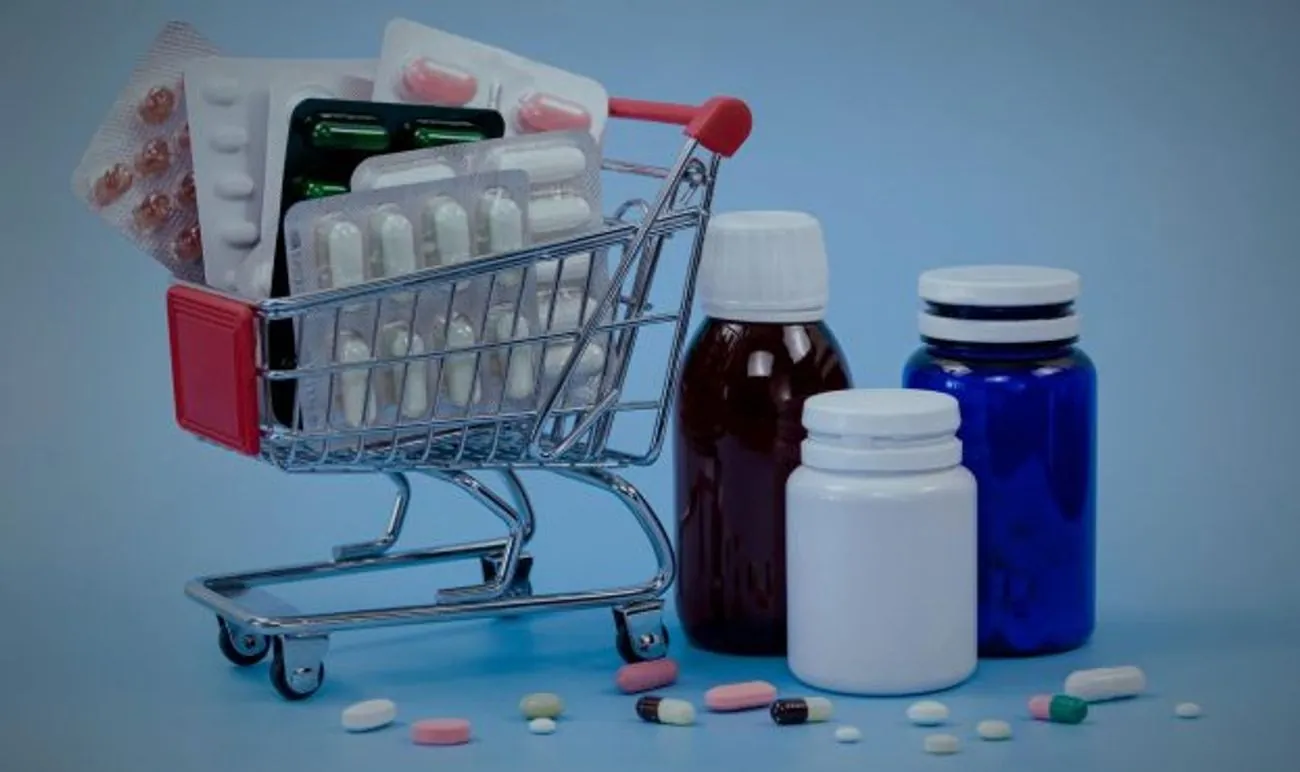““Drug prices haven’t fallen, pharmacies are in the red”: Serdyuk explained the consequences of canceling marketing agreementsThe ban on marketing payments did not lead to a decrease in drug prices, and in some places prices even increased by 13.9%.
Manufacturers save UAH 2.5 million monthly, while pharmacies and patients lost benefits.
”, — write: unn.ua
The expectation that the cancellation of marketing agreements would make medicines cheaper turned out to be futile. The Ministry of Health honestly admitted this. After all, reality is not black and white. And manufacturers are not in a hurry to reduce the price of medicines for which they paid marketing yesterday. At the same time, drug prices increased by 13.9%, while overall inflation was 15.1%.
Thus, until March 2025, pharmaceutical manufacturers paid pharmacies “marketing allowances” for placing their products on shelves. This not only stimulated a wide range of medicines in pharmacies but also reduced prices for patients and covered part of the costs of pharmacy chains. The market operated in a mode where everyone benefited: manufacturers promoted goods, pharmacies earned from placing medicines on shelves. And thanks to marketing agreements, they offered additional discounts on drugs for patients.
However, the new market conditions destroyed the previous model: pharmacies no longer receive additional income, and instead face losses. As UNN previously reported, the manufacturers themselves are not in a hurry to reduce the cost of medicines for which they paid marketing payments yesterday.
Thus, everyone remained “in the red”: both patients without discounts on medicines and price reductions, and pharmacies without allowances to cover additional costs. Only manufacturers are “in the black”, saving UAH 2.5 million per month without marketing.
Viktor Serdyuk also noted that the new market restrictions still brought a positive — pharmacies are now obliged to have the cheapest analogue of a medicinal product in their assortment. However, improvements in the pharmaceutical market for patients ended there.
In addition, according to the Head of the All-Ukrainian Charitable Organization “Council for the Protection of Patients’ Rights and Safety”, the pharmacy business is in a state of prostration — pharmacy chains do not understand how to plan their business, because the old system has been destroyed, and there is no new model.
As a result, we have a paradox: the state, striving to reduce drug prices, has actually worsened patients’ access to quality and diverse pharmaceutical products, leaving the pharmacy sector to face the crisis alone.
